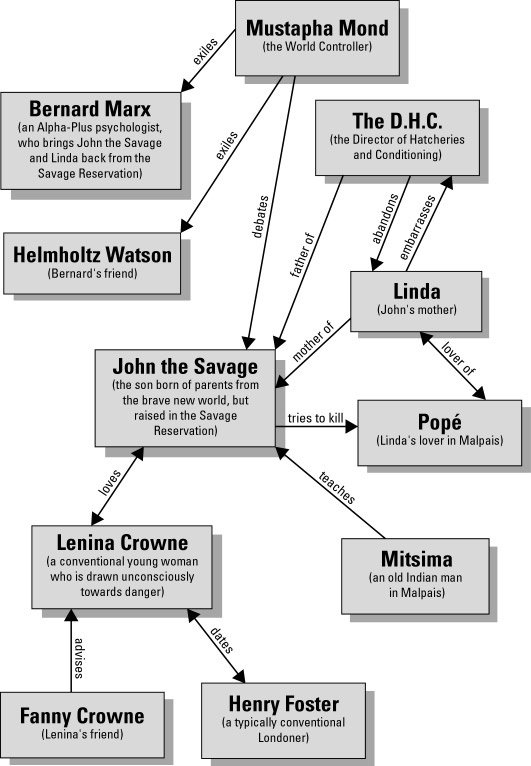

This utopia is based on a cooperative and self-managed society. The objective of this idea was to criticize capitalism and its exploitation of individuals for their work. We can also find more modern utopias, such as utopian socialism. Consequently, a good operation and management of these three classes would lead to a perfect and peaceful society. The three classes were the political class, military class, and the class of farmers. The members were assigned to each class depending on their skills and abilities. In this utopia, society was divided into three classes. Plato’s utopia may be one of the most ancient ones. We can find many examples of a utopia all through history. The idea has changed constantly throughout history and depending on each person’s perspective. However, the idea of a perfect society is somewhat ambiguous and subjective. Therefore, we can hypothetically create the perfect society. It only seeks to give shape to an idea in theory, without considering the level of difficulty when applying such an idea or system to the real world. When this idea is theorized, its objective is to look for the best possible system. An important aspect is that this hypothetical world doesn’t obey an immediate applicability, it doesn’t look for a political system that can be applied to the current context of the world. It consists of the theorization of how a perfect society should be, including its government, community, and their people. This is where the use of the term utopia began. Definition of utopiaįor a very long time, society has dreamt of an idyllic world and of a way to have a perfect society. This will help us use the term while avoiding crossing that narrow line that defines a utopia as something that’s impossible and unachievable. In order to have a better understanding of the concept of utopia, we’ll concentrate on its definition and its usefulness in this article. It also criticises the political organization in the XV and XVI centuries. This famous story is set on an island with a peaceful and idyllic government. The first time this word was used was in the Thomas More novel, “Utopia”. The term utopia comes from the Greek word “ou-topos”, which literally means “no place”, representing a place that doesn’t exist. This is why it’s important to ask ourselves one question: What’s really a utopia?įirst of all, let’s see the etymology of this concept. However, it may have a much deeper meaning than what our society shows us. It’s a useful argument or counterargument when discussing ideal or hypothetical societies. Send us feedback about these examples.“Utopia” is a common word in our everyday life. These examples are programmatically compiled from various online sources to illustrate current usage of the word 'utopia.' Any opinions expressed in the examples do not represent those of Merriam-Webster or its editors. The Editors, ELLE, 24 July 2023 As her brush swoops right and swishes left, she’s first transported to a lush spring meadow, then to the canopies of a rainforest - every stroke bringing her to another verdant utopia.

2023 Black serves as a juxtaposition to this fertile utopia. Patt Morrison, Los Angeles Times, 10 Aug. 2023 Visitors came from as far away as Europe to see utopia at work. Adam Kirsch, Harper's Magazine, 14 Aug. 2023 For the millennial generation, adulthood has been defined by apocalyptic fears, political frenzy, and glimpses of utopia, whether in Chicago’s Grant Park on election night 2008 or in New York’s Zuccotti Park during Occupy Wall Street in 2011. 2023 Ethereal vibes permeated the atmosphere, creating a sense of utopia. Kelsey Ables, Washington Post, 26 July 2023 The Franschhoek Valley, a utopia of vineyards dating back to the 17th century, is the setting for the next four days. 2023 When that failed because of local pushback, his group made another unsuccessful attempt to set up a society in Vanuatu, all with the goal of creating a libertarian utopia. Recent Examples on the Web Burners create a kind of utopia building villages, a medical center and airport along with performance stages.


 0 kommentar(er)
0 kommentar(er)
